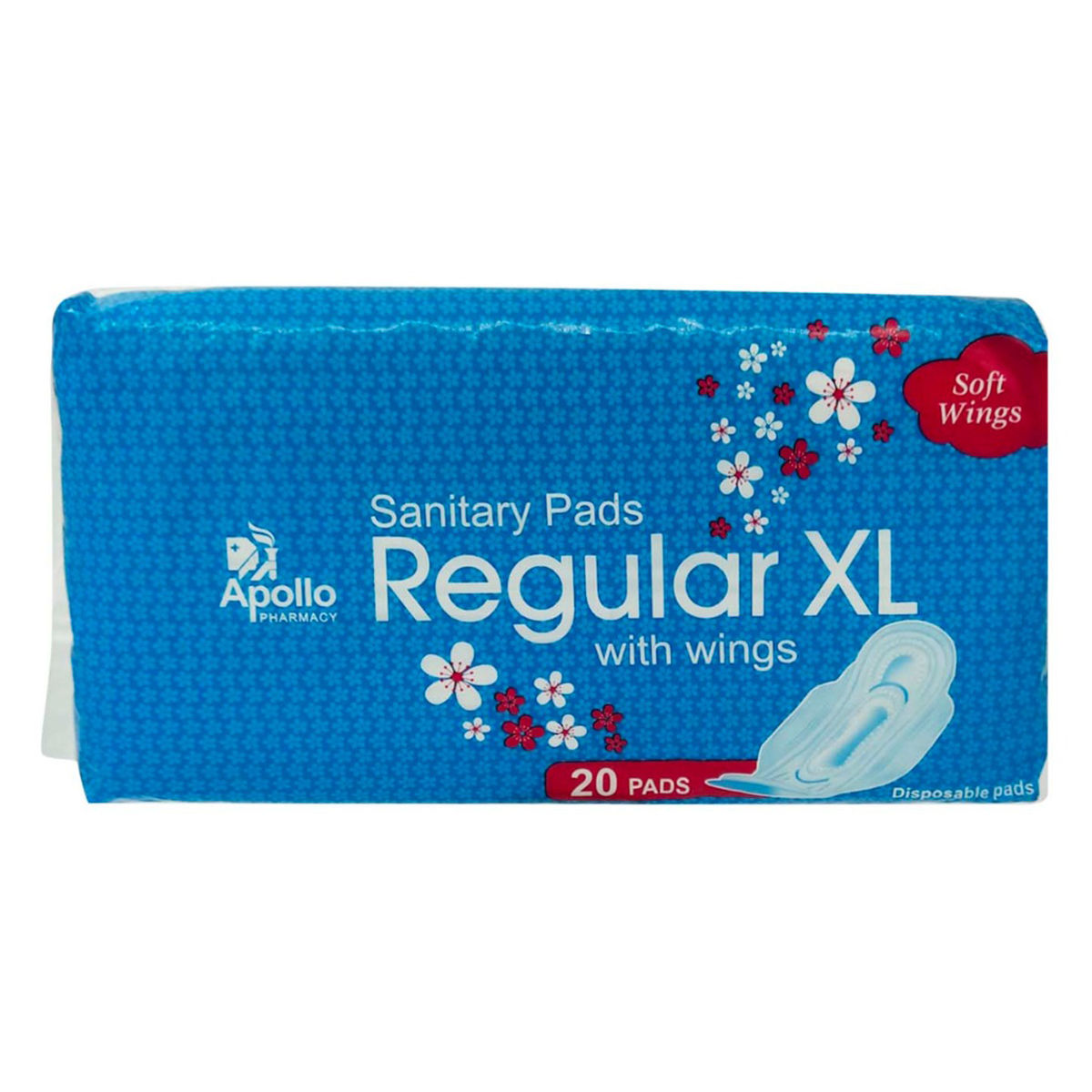SUVIDHA TABLET
₹38.7*
MRP ₹43
10% off
₹36.55*
MRP ₹43
15% CB
₹6.45 cashback(15%)
Free Delivery
With Circle membership
(Inclusive of all Taxes)
This offer price is valid on orders above ₹800. Apply coupon PHARMA10/PHARMA18 (excluding restricted items)
Know Your Delivery Time
Provide Delivery Location


Available Offers
 Prescription drug
Prescription drugWhats That
 95 people bought
95 people bought 
Secure Payment

India's Most Trusted Pharmacy

Genuine Products
Manufacturer/Marketer :
Consume Type :
Return Policy :
Expires on or after :
About SUVIDHA TABLET
SUVIDHA TABLET belongs to the class of medications called ‘contraceptives’ primarily used for birth control and treating dysmenorrhea (irregular and painful periods). Contraception is a procedure that aims to prevent pregnancy and is used in family planning. Dysmenorrhea is irregular and painful, leading to abdominal pain, digestion problems, fainting, vomiting, and nausea.
SUVIDHA TABLET is a combination of three medicines: Levonorgesterol, Ethinylestradiol, and Ferrous fumarate. SUVIDHA TABLET works by preventing the release of an egg from ovaries and making sperm entry difficult to enter in the uterus to fertilise sperm and egg. In addition to this, SUVIDHA TABLET prevents the thickening of the uterus's inner wall, which is required for egg growth in the uterus. Ferrous fumarate is required to make up for the amount of iron that women lose during their menstrual period.
You should take this medicine as prescribed by your doctor. The common side effects are acne, amenorrhea (absence of menses), tenderness, pain, or swelling of the breasts, decrease in the secretion of breast milk after giving birth, dizziness, oedema (fluid retention), gastrointestinal symptoms such as abdominal pain, cramps, and bloating, unwanted hair growth, intolerance to contact lenses, changes in sexual desire, loss of scalp hair, change in menstrual flow, dark patches on the skin, mood changes, nausea, nervousness, vaginal discharge, vomiting, and loss or gain of appetite. If the side effects are persistent, reach out to your doctor.
Do not take SUVIDHA TABLET if you are allergic to any contents of it. Please do not smoke while you are using SUVIDHA TABLET as it increases the risk of a blood clot. Inform your doctor before starting SUVIDHA TABLET if you are over 35 years, smoke, have or ever had a heart problem, have uncontrolled hypertension (high blood pressure), have cancer of the breast, uterus, or vagina, liver diseases, diabetes that affect blood vessels, headache with disruption of the brain function, and prolonged immobilization due to a surgery. Do not take this medicine if you are pregnant or breastfeeding.
Uses of SUVIDHA TABLET
Directions for Use
Medicinal Benefits
SUVIDHA TABLET is a combination of three medicines: Levonorgestrel, Ethinylestradiol, and Ferrous fumarate. It is primarily used for contraception (prevent pregnancy). It increases menstrual cycle regularity and decreases blood loss. It decreases the incidence of iron deficiency anaemia, dysmenorrhea (irregular or painful periods), functional ovarian cysts, and ectopic pregnancies (pregnancy outside the womb). Long-term use may decrease the incidence of fibroadenomas and fibrocystic disease of the breast (lumps in the breast), acute pelvic inflammatory disease (inflammation of the pelvic organs), and cancer of the ovary and vagina.
How SUVIDHA TABLET Works
Storage
Side Effects of SUVIDHA TABLET
Acne
Amenorrhea (absence of menses)
Tenderness, pain, or swelling of the breasts
Decrease in secretion of breast milk after giving birth
Dizziness
Edema (fluid retention)
Gastrointestinal symptoms such as abdominal pain, cramps, and bloating
Unwanted hair growth
Intolerance to contact lenses
Changes in sexual desire
Loss of scalp hair
Change in menstrual flow
Dark patches on the skin
Mood changes
Nausea
Nervousness
Vaginal discharge
Vomiting
Loss or gain of appetite
What if I have taken an overdose of SUVIDHA TABLET
Drug Warnings
SUVIDHA TABLET increases the risk of blood clots, heart attacks, strokes, gallbladder disease, liver tumors, cancer of the ovary, breast, cervix, or vagina, and inflammation of the pancreas. Do not stop taking this medicine even if there is irregular menses or spotting. Missing pills can also cause spotting or light bleeding. Do not switch to another brand or another type of birth control without informing your doctor.
Drug-Drug Interactions
Drug-Drug Interactions
Login/Sign Up
Using etretinate and SUVIDHA TABLET can cause severe birth defects.
How to manage the interaction:
Taking Etretinate with SUVIDHA TABLET can cause an interaction, consult a doctor before taking it. Do not stop using any medications without talking to a doctor.
Coadministration of Acitretin with SUVIDHA TABLET can increase the risk and severity of birth defects in unborn when taken by a pregnant woman.
How to manage the interaction:
Taking Acitretin with SUVIDHA TABLET together is generally avoided as it can result in an interaction, it can be taken if a doctor has advised it. Consult a doctor if you get pregnant while taking these medications. Never use acitretin if you are pregnant. Do not stop using any medications without talking to a doctor.
Taking SUVIDHA TABLET with Tranexamic acid may increase the risk of blood clot formation which can lead to serious conditions such as heart problems and kidney failure.
How to manage the interaction:
Taking Tranexamic acid with SUVIDHA TABLET may leads to an interaction but can be taken if prescribed by the doctor. However, if you experience chest pain; shortness of breath; coughing up blood; blood in the urine; sudden loss of vision; and pain, redness, or swelling in your arm or leg, consult the doctor immediately. Do not stop using any medications without talking to a doctor.
Taking SUVIDHA TABLET with Tranexamic acid may increase the risk of blood clot formation.
How to manage the interaction:
Taking SUVIDHA TABLET with Tranexamic acid is not recommended, as it can lead to an interaction, but can be taken if a doctor has prescribed it. However, if you suffer from chest discomfort, shortness of breath, blood in the urine, blood in the cough, sudden loss of vision, and pain, redness, or swelling in your arm or leg, consult doctor immediately. Do not stop using any medications without talking to a doctor.
Using amprenavir together with SUVIDHA TABLET may cause amprenavir to be less effective.
How to manage the interaction:
Taking SUVIDHA TABLET with Amprenavir together can result in an interaction, but it can be taken if a doctor has advised it. If you notice any of these signs, it's important to contact a doctor right away. They can help you with different choices for birth control that may suit you. Do not stop using any medications without a doctor's advice.
Taking SUVIDHA TABLET and carbamazepine together can reduce the effects of SUVIDHA TABLET.
How to manage the interaction:
Although taking SUVIDHA TABLET and carbamazepine together can result in an interaction, it can be taken if a doctor has prescribed it. However, if you experience any unusual symptoms contact a doctor immediately. Do not stop using any medications without talking to a doctor.
Using SUVIDHA TABLET together with fosamprenavir may decrease the effects of fosamprenavir.
How to manage the interaction:
Although there is a possible interaction between SUVIDHA TABLET and Fosamprenavir, you can take these medicines together if prescribed by a doctor. If you notice any of these signs, make sure to contact a doctor right away. These symptoms may be related to your birth control. Do not stop using any medications without talking to a doctor.
Using SUVIDHA TABLET with griseofulvin may reduce SUVIDHA TABLET blood levels and effects.
How to manage the interaction:
Although taking SUVIDHA TABLET and griseofulvin together can result in an interaction, it can be taken if a doctor has prescribed it. If you use hormone replacement treatment(SUVIDHA TABLET) for menopause, consult the doctor if your symptoms do not improve or if you begin to bleed abnormally. Do not discontinue any medications without consulting a doctor.
Carfilzomib can occasionally cause dangerous blood clots and using it together with SUVIDHA TABLET may increase the risk.
How to manage the interaction:
Co-administration of Carfilzomib with SUVIDHA TABLET can result in an interaction, but it can be taken if a doctor has advised it. If you notice any of these signs, it's important to contact a doctor right away: blood clots that can be harmful, high blood pressure or cholesterol, heart problems like heart attack or blockage in the lung, stroke, complications, chest pain, difficulty breathing, coughing up blood, sudden vision loss, pain, redness, or swelling in an arm or leg, and numbness or weakness on one side of your body. Do not discontinue any medications without consulting a doctor.
Taking SUVIDHA TABLET and Telaprevir may reduce the blood levels and effects of SUVIDHA TABLET.
How to manage the interaction:
Co-administration of SUVIDHA TABLET with Telaprevir can result in an interaction, but it can be taken if a doctor has advised it. If you're taking any medications, your doctor can recommend other options that won't cause any problems. If you notice any of these signs - changes in your birth control, unexpected pregnancy, your own symptoms, feeling hot and sweaty, dryness down there, or unusual bleeding - make sure to contact a doctor right away. Do not discontinue any medications without consulting a doctor.
Drug-Food Interactions
Drug-Food Interactions
Login/Sign Up
Diet & Lifestyle Advise
Keep your weight under control with body mass index (BMI) 19.5-24.9.
Opt for a diet rich in whole grains, fruits, veggies, and low-fat dairy products.
Quitting smoking and not drinking alcohol is the best strategy to lower the risk of any complication.
Do regular exercise to maintain weight fluctuations caused due to SUVIDHA TABLET.
Monitor your blood pressure daily and if there is too much fluctuation, then immediately contact your doctor.
Try to include heart-healthy omega 3 fatty acid containing food drinks in your daily diet. You can also use low-fat cooking oil like olive oil, soybean oil, canola oil, and coconut oil to lower your elevated blood pressure.
Habit Forming
Therapeutic Class
SUVIDHA TABLET Substitute

Choice Tablet 28's
₹1.13per tablet
Product Substitutes
Alcohol
Caution
Alcohol consumption should be avoided while using SUVIDHA TABLET
Pregnancy
Unsafe
SUVIDHA TABLET is a category X drug. It is not recommended for use in pregnancy.
Breast Feeding
Unsafe
SUVIDHA TABLET should not be used in breastfeeding mothers as this medicine may get excreted in the breast milk.
Driving
Safe if prescribed
SUVIDHA TABLET may not affect your ability to drive.
Liver
Caution
SUVIDHA TABLET should be used with caution in patients with liver diseases.
Kidney
Caution
SUVIDHA TABLET should be used with caution in patients with kidney diseases.
Children
Unsafe
SUVIDHA TABLET is not recommended for use in children.
FAQs
Country of origin
Manufacturer/Marketer address
Customers Also Bought
Disclaimer
Author Details
We provide you with authentic, trustworthy and relevant information













